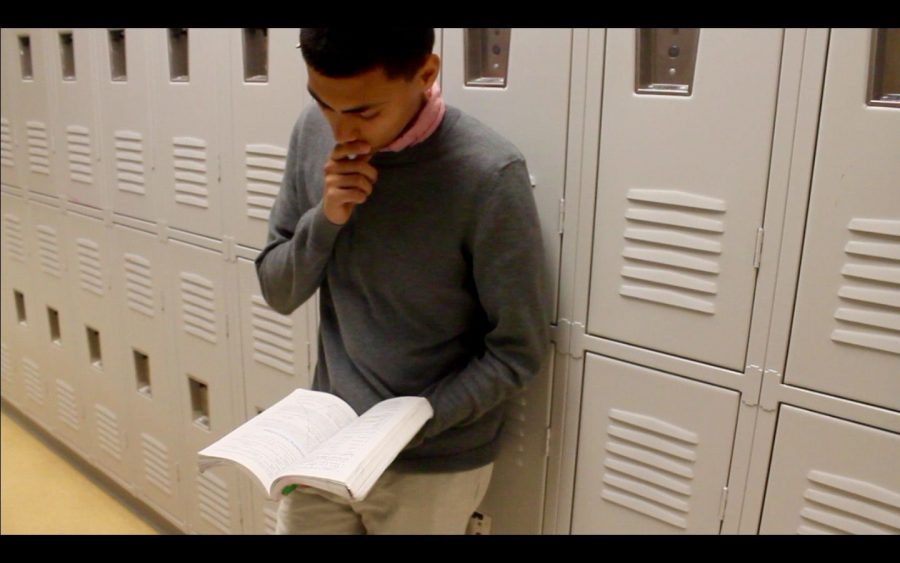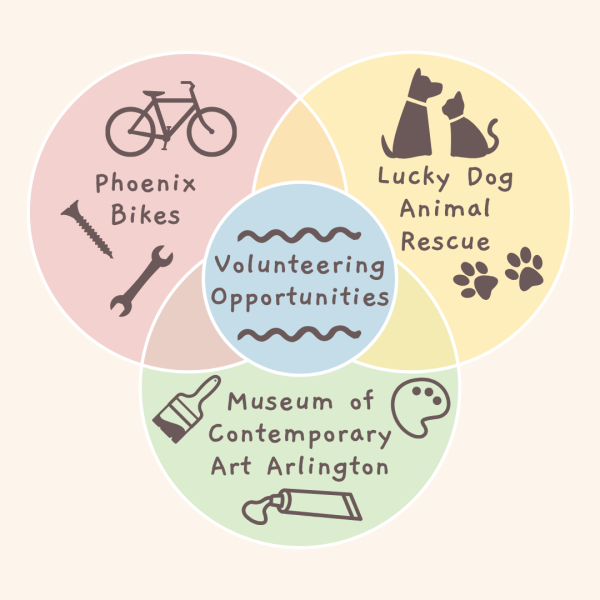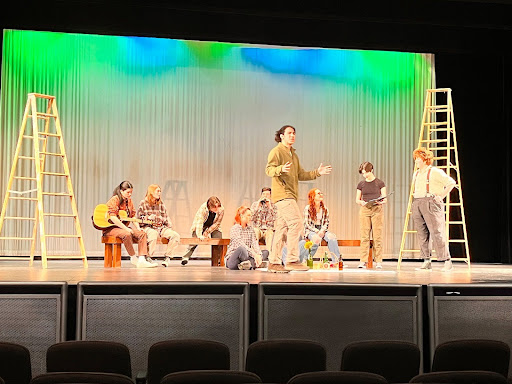Combatting student stress
“High school is supposed to help students prepare for college,” seems to be a common sentiment among adults in modern society. However, the pressure and expectations are constantly put on students may increase amount of stress students already currently experience.
In recent years, there has been an increase in studies on the amount of stress high school and college students face. An online survey on high school students and college students conducted by the American Psychological Association (APA) in August 2013, concluded that 27% of students say they experience “extreme stress” during the school year (versus 13% in the summer), and 34% expect stress to increase in the coming school year.
This may be due to the increasing pressure to get into a competitive university/college and leads students to participate in excessive extracurriculars and demanding AP/IB classes to have a well-rounded application. Many times, a schedule this demanding would typically be seen in a college student. “I think today’s youth, more than ever, are pressured to succeed,” junior Claire Sears said. “There is often a very narrow definition of success. Kids are expected to handle more stress than they are ready for or should have to deal with.”
However, principal Dr. Gregg Robertson believes that although there is a national trend in scores lowering when an increased amount of students participate in AP/IB classes, data shows that Washington-Lee did not experience that. “We found that with the right kinds of supports, all kids could be successful in AP and IB classes,” Dr. Robertson said. “[When] you participate in a college level course in high school, you were much more likely to graduate from college having had that experience.”
Due to the fact that students are increasingly getting involved in clubs or sports, it is sometimes impossible to manage their time, which forces them into staying up late to finish all their homework. This can have negative effects on a student– late night study sessions usually limits sleep to two to five hours of sleep. “I feel the most stressed when I have sports after school,” junior Amy Hilla said. “I get home too late, so I have to stay up late at night [to do] homework.”
To combat increasing student stress, the school started a series of campaigns such as “Take a Breather Tuesdays” and “Laugh More, Stress Less Week.” “Counselors are meeting, quite often, with students who are feeling stressed particularly during the school day,” counselor Ms. Elysse Catino said. “The point of Take a Breather Tuesdays is to give students an opportunity to, as it says, take a breather during the school day.” The start of these initiatives marks the first time that the school has implemented programs to cope with stress.














